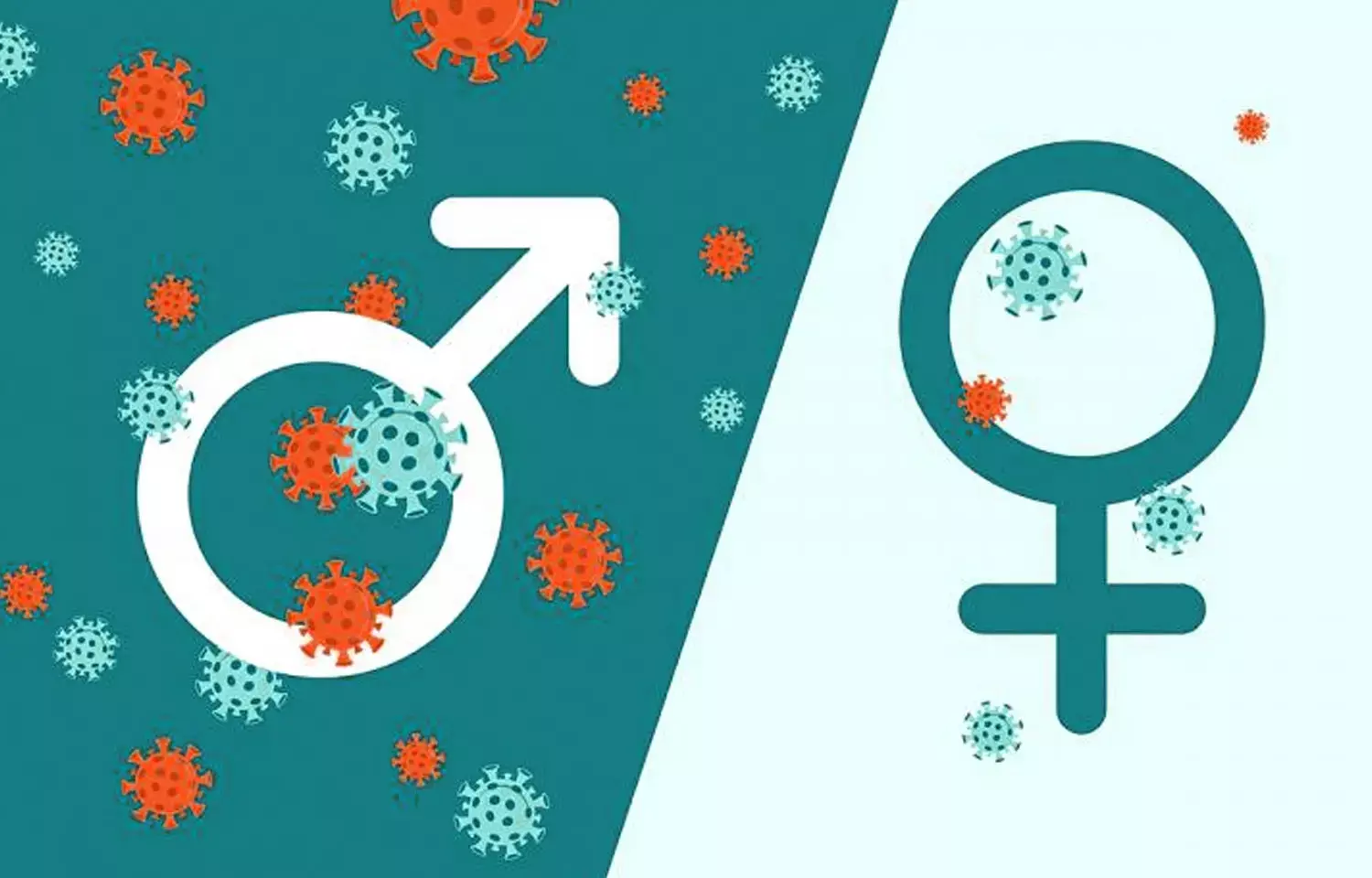- Home
- Medical news & Guidelines
- Anesthesiology
- Cardiology and CTVS
- Critical Care
- Dentistry
- Dermatology
- Diabetes and Endocrinology
- ENT
- Gastroenterology
- Medicine
- Nephrology
- Neurology
- Obstretics-Gynaecology
- Oncology
- Ophthalmology
- Orthopaedics
- Pediatrics-Neonatology
- Psychiatry
- Pulmonology
- Radiology
- Surgery
- Urology
- Laboratory Medicine
- Diet
- Nursing
- Paramedical
- Physiotherapy
- Health news
- Fact Check
- Bone Health Fact Check
- Brain Health Fact Check
- Cancer Related Fact Check
- Child Care Fact Check
- Dental and oral health fact check
- Diabetes and metabolic health fact check
- Diet and Nutrition Fact Check
- Eye and ENT Care Fact Check
- Fitness fact check
- Gut health fact check
- Heart health fact check
- Kidney health fact check
- Medical education fact check
- Men's health fact check
- Respiratory fact check
- Skin and hair care fact check
- Vaccine and Immunization fact check
- Women's health fact check
- AYUSH
- State News
- Andaman and Nicobar Islands
- Andhra Pradesh
- Arunachal Pradesh
- Assam
- Bihar
- Chandigarh
- Chattisgarh
- Dadra and Nagar Haveli
- Daman and Diu
- Delhi
- Goa
- Gujarat
- Haryana
- Himachal Pradesh
- Jammu & Kashmir
- Jharkhand
- Karnataka
- Kerala
- Ladakh
- Lakshadweep
- Madhya Pradesh
- Maharashtra
- Manipur
- Meghalaya
- Mizoram
- Nagaland
- Odisha
- Puducherry
- Punjab
- Rajasthan
- Sikkim
- Tamil Nadu
- Telangana
- Tripura
- Uttar Pradesh
- Uttrakhand
- West Bengal
- Medical Education
- Industry
Bariatric surgery reverses low testosterone levels in male teens with obesity

Bariatric surgery not only treats obesity and reverses Type 2 diabetes, but a new study now shows that it also reverses low testosterone levels in teen males with obesity. The finding is important because in addition to reducing inflammation and increasing insulin sensitivity, weight loss after bariatric surgery may also influence sexual and fertility functions.
Results were published in the European Journal of Endocrinology.
This is the first major study to examine how weight loss after bariatric surgery affects testosterone in adolescent boys. Obesity in adolescent boys can often lead to hypogonadism, as shown by lower-than-normal testosterone concentrations, which may lead to sexual difficulties and reduced fertility.
"It is remarkable that testosterone levels more than doubled and in fact normalized in most adolescent boys who underwent bariatric surgery, and this was maintained up to five years," said study co-author Thomas Inge, MD, PhD, Surgeon-in-Chief and Director of Adolescent Bariatric Surgery Program at Ann & Robert H. Lurie Children's Hospital of Chicago, and Professor of Surgery and Pediatrics at Northwestern University Feinberg School of Medicine. "This testosterone response was greater than that expected in adults undergoing these same operations and adds to the growing list of benefits of using bariatric surgery in teenagers with severe obesity."
The study involved 34 teen males with severe obesity who were enrolled in Teen-Longitudinal Assessment of Bariatric Surgery, a prospective, NIH funded observational study. These teens underwent bariatric surgery and were followed for five years. Prior to surgery, only 27 percent of participants had normal free testosterone levels. Two years later, 80 percent had normal levels, and five years later, 67 percent maintained normal free testosterone levels, presumably due to some weight regain.
The study, which was led by Dr. Paresh Dandona's team in the Division of Endocrinology at the University of Buffalo, also showed dramatic reductions in inflammation and insulin resistance, which provides hope that adolescent males with severe obesity who undergo bariatric surgery may have a better outlook for future metabolic health and fertility.
"The rise in testosterone levels paired with improvement in insulin sensitivity after bariatric surgery point to benefits in improving glucose metabolism, fertility, lipid metabolism, bone mineralization, and muscle mass. These changes can help decrease morbidity over the lifespan related to obesity-related complications," said Ellen Kim, MD, pediatric endocrinologist and Medical Director of the Interdisciplinary Weight Management Program at Lurie Children's, as well as Associate Professor of Pediatrics at Northwestern University Feinberg School of Medicine.
Research at Ann & Robert H. Lurie Children's Hospital of Chicago is conducted through the Stanley Manne Children's Research Institute. The Manne Research Institute is focused on improving child health, transforming pediatric medicine and ensuring healthier futures through the relentless pursuit of knowledge. Lurie Children's is ranked as one of the nation's top children's hospitals by U.S. News & World Report. It is the pediatric training ground for Northwestern University Feinberg School of Medicine.
https://eje.bioscientifica.com/view/journals/eje/186/3/EJE-21-0545.xml
Hina Zahid Joined Medical Dialogue in 2017 with a passion to work as a Reporter. She coordinates with various national and international journals and association and covers all the stories related to Medical guidelines, Medical Journals, rare medical surgeries as well as all the updates in the medical field. Email: editorial@medicaldialogues.in. Contact no. 011-43720751
Dr Kamal Kant Kohli-MBBS, DTCD- a chest specialist with more than 30 years of practice and a flair for writing clinical articles, Dr Kamal Kant Kohli joined Medical Dialogues as a Chief Editor of Medical News. Besides writing articles, as an editor, he proofreads and verifies all the medical content published on Medical Dialogues including those coming from journals, studies,medical conferences,guidelines etc. Email: drkohli@medicaldialogues.in. Contact no. 011-43720751


